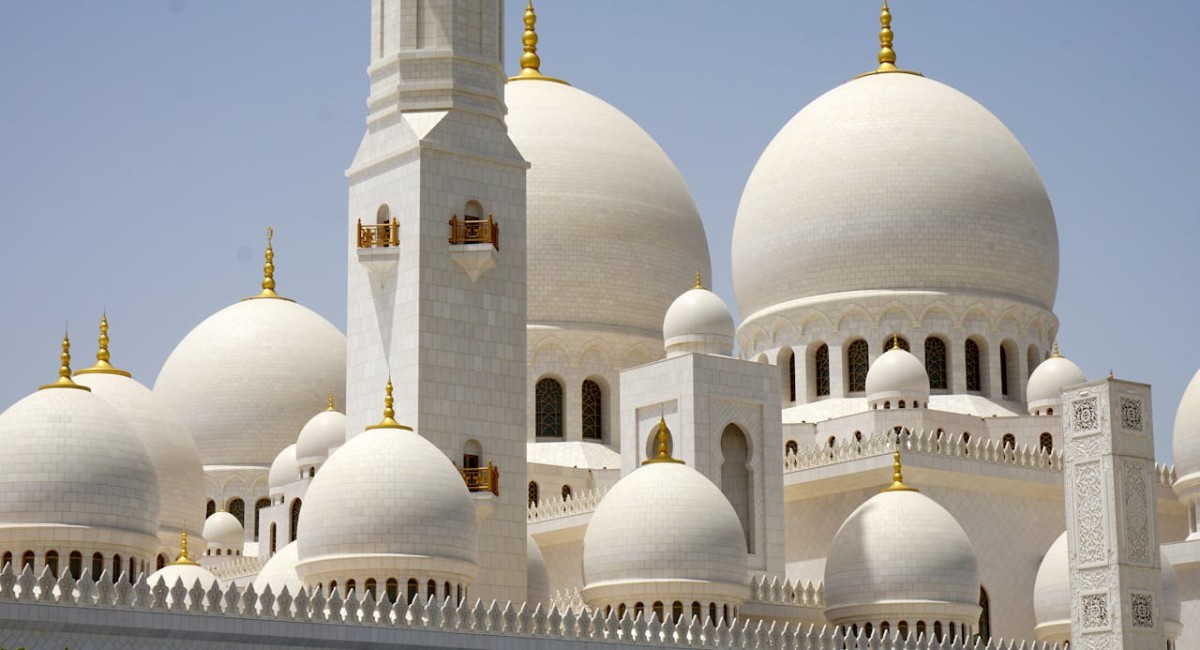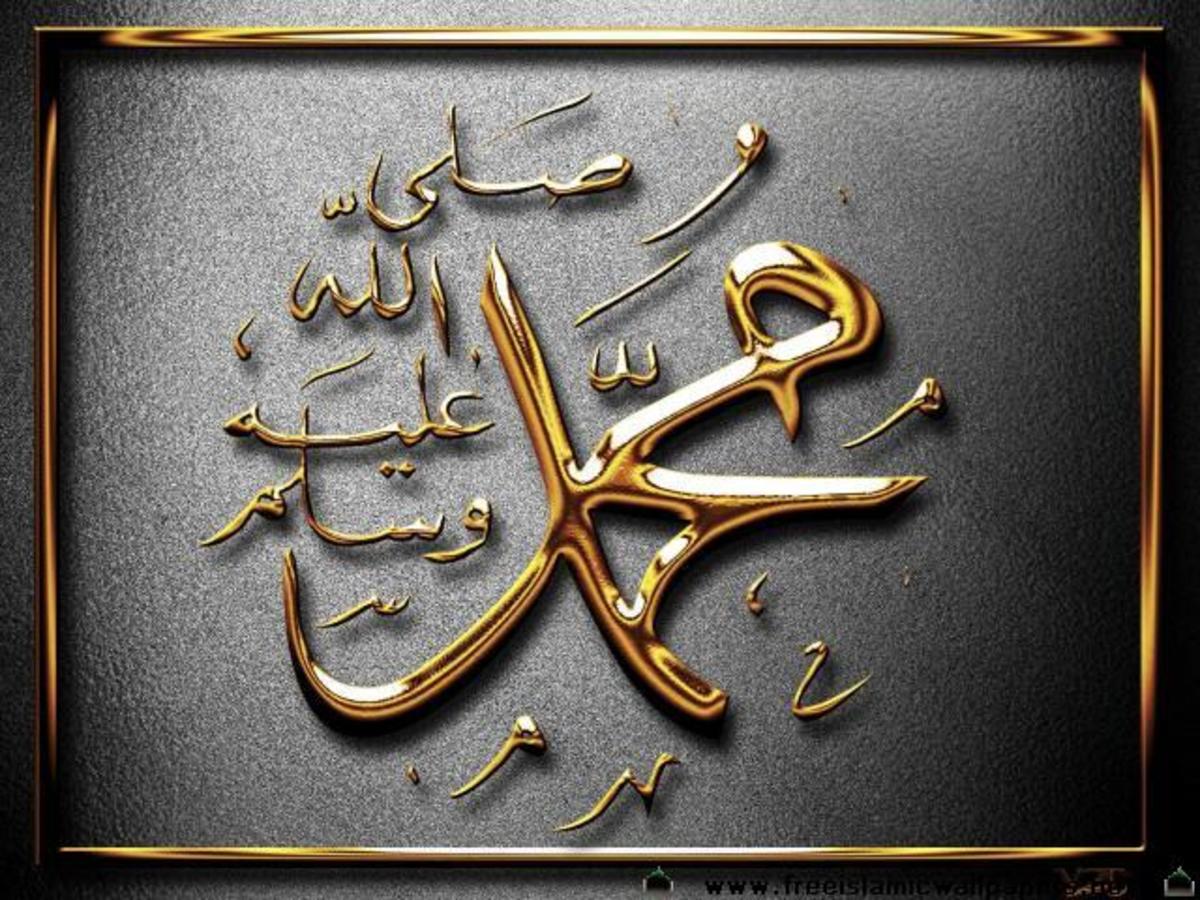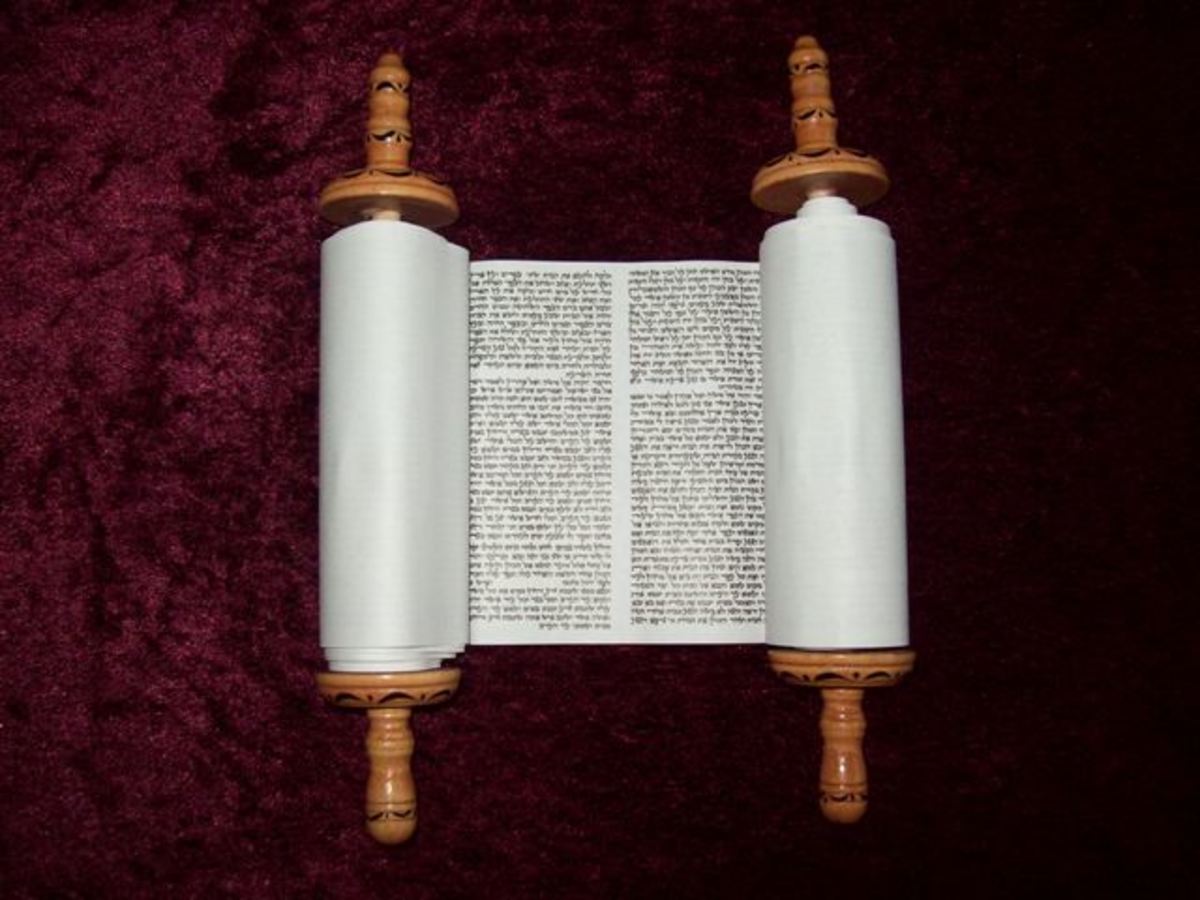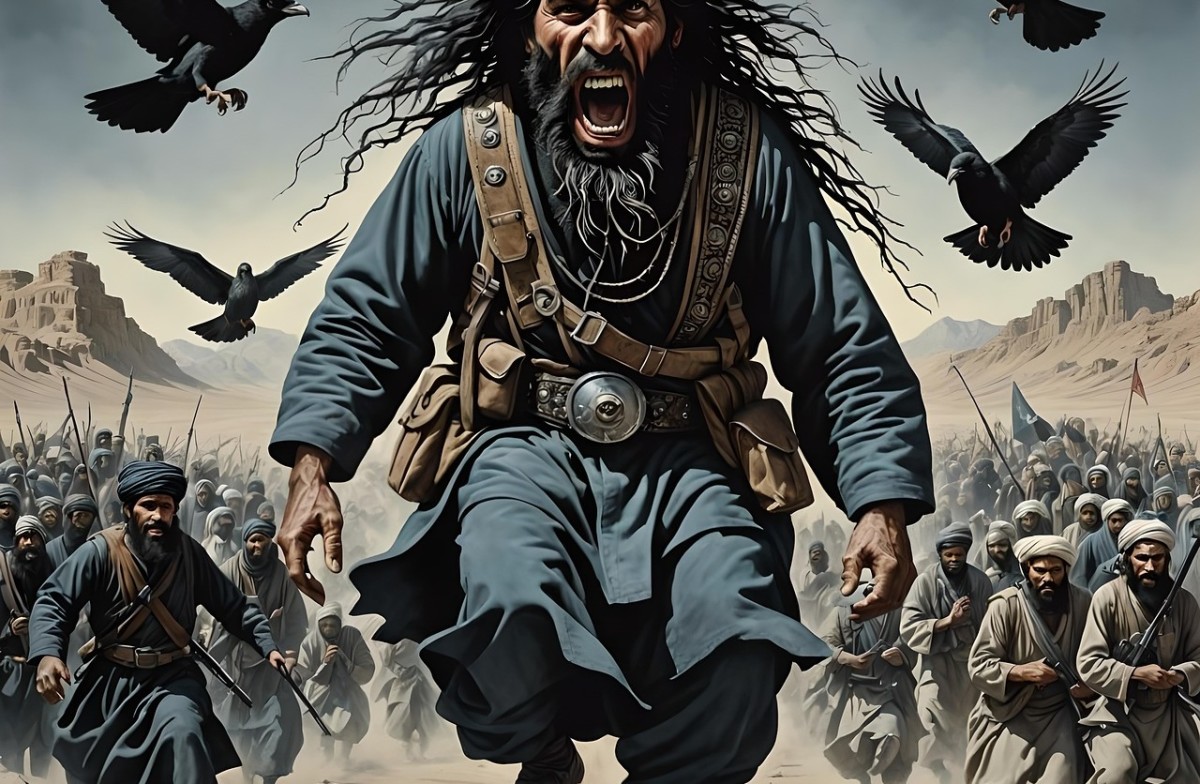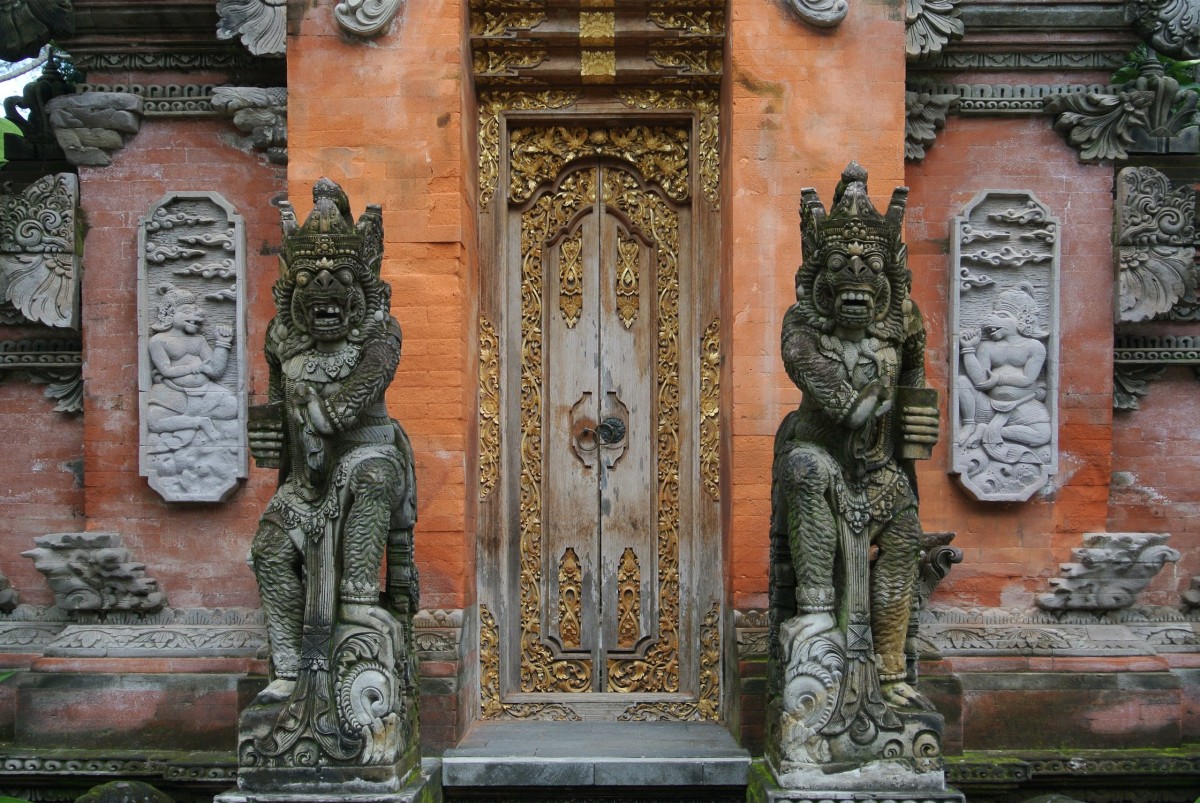What is Sharia Law
Over the centuries, we have received many impressions about Islam



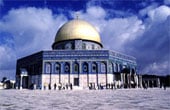

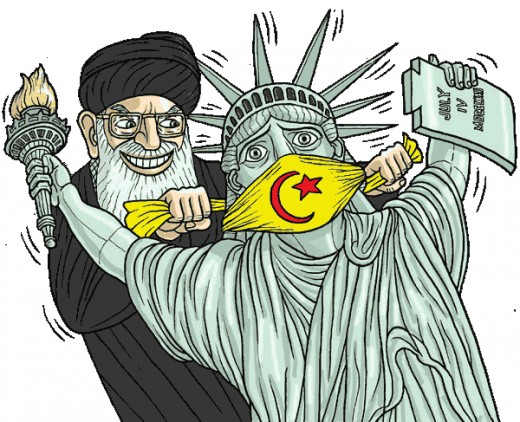
There is a view emerging about Sharia Law that may be false.
Many of us who listen to the news have been hearing a lot about the Sharia Law of Islam that has resulted in events such as the stoning of women who are accused, but not necessarily proven conclusively of adultery, or the cutting off of a hand of someone who steals a slice of bread. We are also aware of customs like the “burka” or the full veil that women are required to wear outside of the home. With a resurgence of Islamic fundamentalism, the practice of Sharia Law is coming to the consciousness of the Christian world. Sharia Law is nothing new, stemming from the 8th century where it was initially defined from the Koran and other writings of Mohammed. Simply put in the translation to the English, it means "way" or "path". It is also known as Islamic law, the law of Islam, Sharia, Sharia law or even Shia law. Mohammed's law may also be written as; Muhammadan law; Mohammedan law; or Mussalman law. To understand the real Sharia Law, one has to be familiar with the works of Mohammed. Since Mohammad (the 6th century AD), there have been numerous translations and added ideas, just as there has been in Christianity. There are several main streams of Islam as in Christianity. As in Christianity, Islam has become confused and buried in many and differing layers of mysticism and obscurantism. It is thus difficult for the secular, ordinary, non religious and one not steeped in history, custom and original languages to fully appreciate what the original is for either religion.
Some Muslim jurists insist that the proper term is “Islamic law” while others use the term “Muslim law” or even “Sharia”. Many reasons are given in selecting one preference over another. Some suggest that the term Muslim refers to an adherent of the religion is Islam. Depending on the weight you give this fact or another, arguments are advanced in regards to prefer the term “Islamic law” as they are for “Muslim Law” or even “Sharia”.
In essence if not in practice, with changes on points of detail as may be preferred in some Muslim regions and jurisdictions, the words have become interchangeable as referring to the unique body of law binding upon Muslims and derived from the Koran and the recorded sayings of the Muslim prophet Muhammad who lived from 570 to 632 AD. This has been adjusted from time to time, particularly in the period of the 8th century by subsequent religious scholars and even divided into a set of discordant schools of Muslim law. More changes came in the 13th century under the Sufi, Jalal-ad-Din Rumi wrote his epic poem, the Masnavi. This then is the origin of the several sects of Islam, some tending to the merciful side and others towards the more severe side. The homogeneity of Islam is further diminished by adjustments made by individual Muslim states throughout history, which either adopt one school of Muslim law or another completely, or bring significant changes to the body of law by new statute law, usually to reform the severity and simplistic form of the original body of Muslim law.
Muslims themselves can be secular or fundamentalist in their approach to life, just as we have secular Christians, much to the consternation of Pope Benedict the XVI, and the extreme and severest forms of Christianity such as the flagellants. Many shades and variations of Christianity exist in between tp the extent of 300,000 sects. We doubt that there are that many variations of Islam, but there are divisions within the Shi'a sect that follow different Imams. It is from the severe side of Islam that we hear of stoning, amputations, fatwah (price on a person's head) and jihad (holy war). Of the many sects that comprise the Muslim world, the most important today are;
-
Sunni
-
Shi'a
-
Sufi
-
Ahmaddiya
-
Secular
The Sunni are called this name because they believe that only the “Sunna” is authoritative for Islam. They accept the Qur'anic Law; the "orthodox" foundations of the holy Qur'an, Hadith and the Shari'a law based on only these. They do accept no lineage of visible representatives from the line of Muhammad. The existing government is based on the current interpretation and application of the Sunna. For the Sunnis, the term Imam is used for any prayer and worship leader in the local mosque. This can be any Muslim and not necessarily a hereditary leader.
The name Shi'a comes from the phrase “shi'at ¢Ali”, meaning "the party of 'Ali." This was the group who supported Ali, the Fourth Caliph or the Fourth successor of Muhammad, and believe that it should be his hereditary descendants that succeed as Caliphs after his death. Those who became known as the Sunni supported Mu'awiya of the Ummayad clan, who had opposed' Ali during his life, and who seized power at Ali's death. They then declared that his son would be his successor. The Shi'a consider the Imams to be the visible representatives of Muhammad, who are supposed to be hereditary descendants of ' Ali. This is where the divide originated for the Sunni and Shi'a who sometimes war with one another even today. They differ as to who the rightful Imam is. Among this confusing array as to who is the real and rightful Imam is, is the so called “hidden Imam” who has visible representatives now that addresses the “umma” or community of the believers. In this case, it is the representative of the hidden Imam that gives directions in any current situation.
Medina is considered one of the holiest sites in Islam as this is the burial site of Mohammad the prophet.
Some of the results of Sharia Law
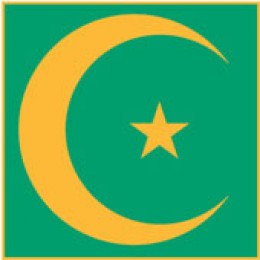
Into this confusion came the adherents to the 7th (765 AD) and 12th (878 AD) Imams. Even the followers of the 7th Imam split as to who the real Imam was. There followed right up to the current era, many other derivatives, just as we witness in Christian history. There are too many variations to deal with in this context as it is Sharia Law that we are seeking understanding.
The Sufis, originating in the 13th century, comprise a broad meditative mystical movement across Islam that are now centered in Turkey. As a sub group of Sunnis, they believe in no mediator between God and the individual. This evolution likely was in response to all the confusion as to who was the real hereditary Imam. Of course, not all Muslims followed this thinking. Sufis often have a sense of personal "conversion," with an emphasis on the individual's personal relationship to God, an idea promoted in the Masnavi of Jalal-ad-Din Rumi. The use the Masnavi as well as the Koran and are known for their distinctive dance, the “sema” or turning as we see in the graceful dance of the Whirling Dervishes. Sufis are found today in Somalia, Kenya, Egypt, North Africa and Turkey. Most Somalis are associated with some Sufi order and Arabs in East Africa are identified with Sufi orders.
The Ahmaddiya Muslim group believes that the Mahdi/Messiah returned in the Indian Hazrat Ghulam Ahmed in 1835. They have a world wide and well-organized missionary society and publishing program. Ahmed even claimed to be a “reincarnated” Jesus as the returning Mahdi/Messiah. He meant to unite all true Muslims and Christians into a single true religion, but he was rejected by both religions. The Ahmaddiya world headquarters is in Lahore, Pakistan. Ahmaddiyas are refused permission to make the Hajj. The Pakistan government has reported to Sa'udi officials that the Ahmaddiyas are not true Muslims, and based on this, they are excluded.
The secular branches of Islam are integrated into political and economic life and have a more inclusive attitude toward the international scene Some are describe by the contradictory title of a democratic dictatorship. Among these are Turkey and Egypt described as Muslim nations, but are non-lslamic politically. Turkey and Egypt have moved toward a style of government more like Western secular republics. As a democratic republic, Turkey has had full civilian constitutional rule since 1982. Syria's constitution declares Syria to be a Muslim form of a Socialist State.
This leaves us with the question of what Sharia Law is really about. It largely depends on which Muslim state one is referring to. In some regions, Sharia Law can take the brutal forms that we witness on the news. In others, it tends to be less severe. Sufism tends toward the mystical and merciful and does not get involved in matters of legal prosecution, leaving it to the existing state. The practice of Sharia Law can be divided into three basic forms, the most severe which we see in desert countries such as Afghanistan and Iran, the less severe as in Egypt and Pakistan, which have more amenable climate and a type that is tolerant and adheres more to the true context of the Koran. Due to the confusion of who is the real Imam and the plethora of these people, we get different spins of what constitutes real Sharia Law. Thus Sharia Law can take the form that suits a particular Imam for a particular region for reasons of controlling the believers and followers of these Imams who interpret Islam for the same followers who may be illiterate. We can even identify a Sharia Law that exists for peace and one for a wartime environment. These differences reflect the differences that we find in law in the west by country, state, county, province and region. What is quite legal in one region, can be illegal just across the state or county line. Sharia Law follows similar forms, so that a Muslim who is not guilty of an infraction against the cannon of an Imam in one region, suddenly finds themselves in deep water across the border under a different Imam who is willing to stone to death, amputate, whip or otherwise punish a person for something as simple as wearing a veil or not, or having their actions misinterpreted as something more sinister than they actually are.
The Koran contains many injunctions to give alms to the poor. Thus, a Muslim must contribute part of what he makes to the cause of helping the poor, such as the old, the handicapped and the sick who are too weak to make a self sustaining living and are also seen as the children of Allah, especially among the believers. Yet under some interpretations of the Sharia Law, the poor who may be missed in such alms giving, steals a loaf of bread, then can suffer amputation of a hand or entire arm. This clearly is a contradiction, but many laws are filled with contradictions regardless of whether they are Sharia Law or secular forms. This in itself does not make them right or wrong, but clearly, the issues need resolution.


